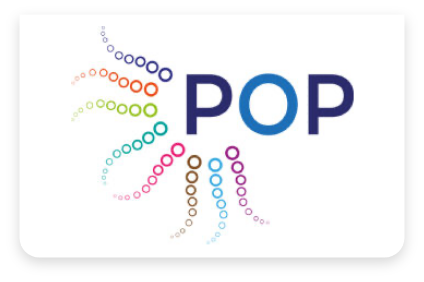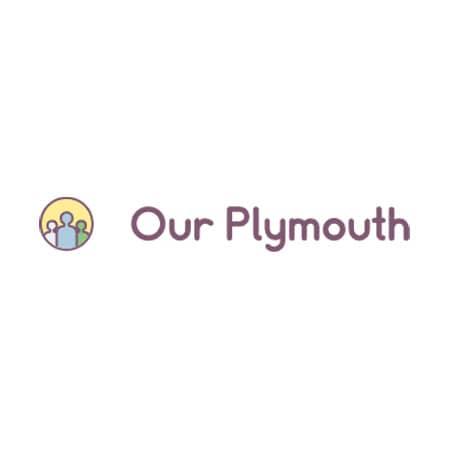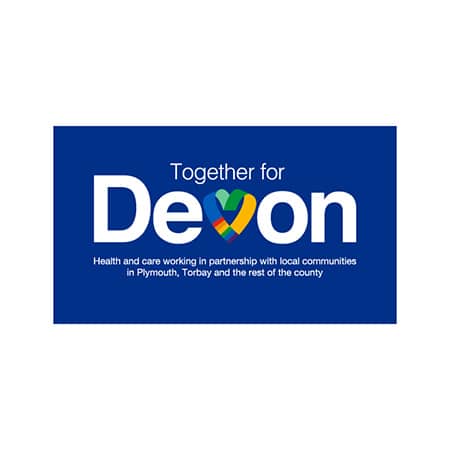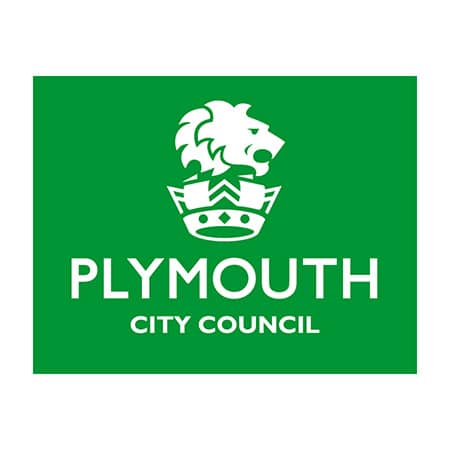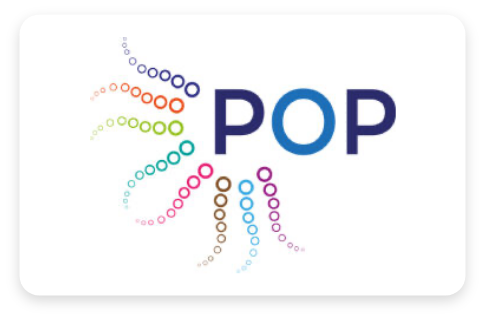COVID-19 Response
Given the fluid and changing nature of the situation we have assigned roles and a clear decision making process. For the purposes of this process the responsibilities are as follows:
- Scrutiny: lead trustee: check in and ensure good decisions are being made
- Oversight: Matt: ensure that this policy is compliant with current employment legislation, updated advice and guidance is provided for all staff, trustees are updated regularly and that a current risk assessment is in place
- Implementation: Imogen, Deborah, Rowan, Chris and Charlotte:
- Action is implemented in line with risk assessments and team agreements
- Any changes are taken back to the team for discussion.
- Inform their line manager if they are displaying COVID-19 symptoms or have been in contact with others displaying symptoms
- Observe all social distancing, hygiene and infection controls in the workplace, and ensure that hazards and incidents are correctly reported.
Within the workplace POP is further reducing the risk by:
- Restricting office working
- Using back to back or side on working layouts
- Ensuring that each person has their own equipment
- Initiating a clean surfaces policy to help keep the risk of infection low.
Our main aim is to ensure that staff, volunteers and trustees under this policy are met and that they are treated fairly.
Decisions will be made on the basis of:
- Government guidance
- HSE guidance
- Plymouth City Council Public Health advice and guidance
- Individual staff circumstance
- Effective fulfilment of POP+s mission and purpose
- Funders requirements
- Availability of safeguarding measures.
How decisions will be made:
- Any new proposal will be taken to monthly team meetings
- If there is disagreement/difficult judgement, it will be taken to the trustees for input
- A plan will be put in place and implemented
- It will be regularly reviewed in line with the roles and responsibilities set out in point 2.
The following are measures we can take in line with government guidance and in agreement with staff and trustees. They are grouped as follows:
- Home working
- Social distancing and hygiene in the workplace
- Shared premises
- Wellbeing and support
- Information and guidance
- Accident and incident reporting.
Homeworking (temporary)
There are measures to keep everyone safe, well and achieving at home.
- Regular opportunities to keep in touch with weekly calls and a weekly social drop in
- Availability for basic adjustments and equipment to be bought or replaced as required.
- Self assessment for safe working at home (link to HSE guide here)
- Check in during staff one to one meetings for work, but also health and wellbeing.
- Ensure that good data protection practices are in place, as required by GDPR.
- A WhatsApp group for out of hours communication.
Social distancing and hygiene in the workplace
These are measures to keep everyone safe, well and achieving in the workplace. Staff and volunteers must observe these at all times.
- There will be a shift system for office working set up in agreement with staff, specifying who will be working there between what hours on what days.
- Start and finish times and breaks will be staggered.
- There will be markers on the floor to help staff observe social distancing correctly at all times.
- Visitors will not be allowed to the offices until further notice and so virtual platforms will be used to hold meetings with trustees, volunteers, members, associates etc.
- Hand sanitiser and paper towels will be provided to support hygiene and to keep work areas clean.
- There will be regular reminders to staff for wash their hands for 20 seconds with soap and water and the importance of proper drying of hands,
- Where possible remote working will replace face to face working until further notice.
- Workstations will be moved if possible, to implement back to back or side on working.
- Screens will be installed to prevent the spread of infection.
- Staff will be provided with separate equipment to enable them to work safely
- Sanitising equipment will be provided to be used with a ‘clean as you use’ process in place.
- Staff will wear PPE issued to them when using public transport.
- There will be disposable face masks available in the office in the event that first aid needs to be administered.
- A ‘clear surface’ policy will be implemented to keep surfaces free of objects, which will make them easier to keep clean. Staff will be required to wipe down their desk area and equipment with antibacterial wipes provided ag the end of the working day.
- Staff using the office will bring their own utensils and food/drink items with them and take them home again at the end of office working.
- Shared equipment will be cleaned using a ‘clean as you use’ process and sanitising equipment will be provided. This includes such items as printers, shredders, kettle and coffee makers etc.
- Taking receipt of goods delivered ; have specific drop off points at the main door. Nominated individuals to collect the packages. Additional manual handling training. Minimise contact with delivery person in line with guidance.
- Ensure that clear signage is in place to help people know what is expected of them.
Shared Premises
These are measures to ensure staff feel safe and are able to work well and achieve in the workplace.
- Prior to staff returning to the workplace POP organise a deep clean and undertaken a site specific risk assessment. This will involve common areas of work, such as door handles, handrails and keypads, together with shared work equipment.
- Ensure that staff know how to make use of other facilities, such as toilets, particularly in a shared premises.
- Arrange for a deep clean of the office once a week and for bins and waste paper baskets to be emptied twice a day.
- Where possible, doors (excluding fire doors) to be left open to reduce the numbers of people touching door knobs etc.
- Taking receipt of goods delivered: have specific drop off points at the main door. Nominated individuals to collect the packages. Additional manual handling training. Minimise contact with delivery person in line with guidance.
- Ensure that clear signage is in place to help people know what is expected of them.
Information and guidance
These are measures to ensure that you get the information and guidance you need to remain safe, well and achieve whilst at work.
- Any changes to agreed office working rotas, when and where breaks happen, arrival and departure times from work, when staff need to clean parts of their work area and hygiene procedures will need to be communicated using Microsoft Teams and discussed at team meetings.
- Guidance on these measures will be updated in line with newest government advice.
- Trustees will be updated at monthly board meetings, even when there is no change, so that they can exercise their due diligence and governance roles effectively.
- The COVID-19 risk will also be updated at every board meeting, including new mitigating measures to be put into place and any revised likelihood or impact ratings. A copy of the specific risk and measures taken will be included with this guidance.
Wellbeing and support
This is an unprecedented time which can leave individuals feeling uncertain and seeking additional reassurance. These are measures to ensure appropriate levels of support for each individual staff member.
- A regular one to one meeting is held with all staff members once a week to talk through any concerns they may have about their current working set up or returning to an office environment. This meeting can also be used to update them on what has been done, so that they perceive they are being listened to and their concerns alleviated.
- Where an individual has specific requirements for homeworking an individual risk assessment will be completed for that individual and measures taken to meet those needs. This may relate to software or hardware, for example.
- Remote working can be isolating, particularly for those unused to it or where it is for a protracted period of time. As well as regular one to one meetings, POP will also provide links and access to online resources to support people with their mental wellbeing and homeworking. all on Teams.
- If a staff member is shielded or clinically vulnerable, or is living with someone in those categories, then arrangements will be made to see how work from home can continue in a socially distanced way.
- POP will agree with staff members what work can be done from home and ensure that the technological support is in place to facilitate homeworking. This includes the issue of equipment to enable people to work remotely.
- POP will make optimum use of the existing meeting structure to ensure that team meetings, one to one meetings, informal catch ups etc. take place as scheduled. Where a staff member is in need of additional COVID-19 related support, this will be put in place.
- Remind all staff about keeping themselves up to date with government guidance on social distancing etc.
- POP must ensure that each staff member has a contingency plan so that key work can continue to be undertaken if an individual falls ill or has to self isolate.
- If a staff member needs to self isolate, they must inform their manager by phone as soon as possible, stay at home and follow NHS guidance. Likewise any staff member who is contacted by the NHS testing and tracing service must stay at home. The manager will immediately inform the rest of the team and any other member of the team in the office will be sent home and advised to follow control measures.
- Before any staff member returns to the office, they will be issued with an up to date copy of guidance for working in the office and have the opportunity to ask any questions of
- In the event that a person develops symptoms while at work they need to go home, if they are well enough to do so, or call 999 if they need to be taken to hospital. If the staff member is not well enough to make their way home independently then a taxi or NHS responder will be called.
Accident and incident reporting
POP is committed to the safety of its staff. In order to safeguard those working in the office, POP will undertake the following.
- Ensure that staff are adequately trained in first aid, safety and fire emergency procedures in the event of an incident at work while operating at reduced occupancy.
- Ensure that the reporting of incidents and accidents that are work related continue to happen where people are working from home.
Like any risk, the threat from coronavirus in the workplace needs to be assessed on a regular basis. To undertake this, it is important to consider what may cause harm in the workplace (identified as a hazard). This includes consideration of:
- How people work and what equipment they use
- What chemicals and substances are used
- What safe and unsafe working practices exist
- The general state of your premises.
The accident reporting log can help identify less obvious hazards, as can employee ill health records. Account also needs to be taken of non routine operations, such as office cleaning. This may occur more frequently given the ingoing risks posed by the COVID-19 environment.
When identifying hazards to health, such as handling equipment, working in the same office and social distancing, think of how staff members and others may be harmed by the hazard.
Then assess the risk:
- Who might be harmed and how
- What is already in place to control the risk
- What further action is needed to control the risk
- Who needs to carry this action out
- When the action is needed by.
To control the risk:
- Assess if it is possible to eliminate the hazard altogether
- If not, explore how the risks can be further reduced by things such as
- Job redesign
- Organising work to reduce exposure to coronavirus infection
- Identify and implement practical measures needed to work safely
- Provide PPE and ensure it is worn
- Put the controls in place.
Record your findings.
As POP employs 5 people, it has a duty under law to have a written policy in place, a robust risk assessment procedure and it must also record any significant findings. These include the specific hazard, who might be harmed and the controls in place to reduce the risks.
Review the controls
POP will need to review the controls to assess their effectiveness and assess how changes in the office affect existing controls. This could be a new starter, a ne process or new equipment, for example. Finally the risk assessment record ad register must be updated with any changes that are made.
